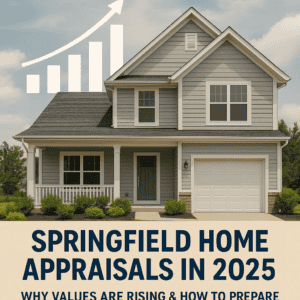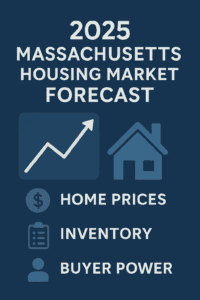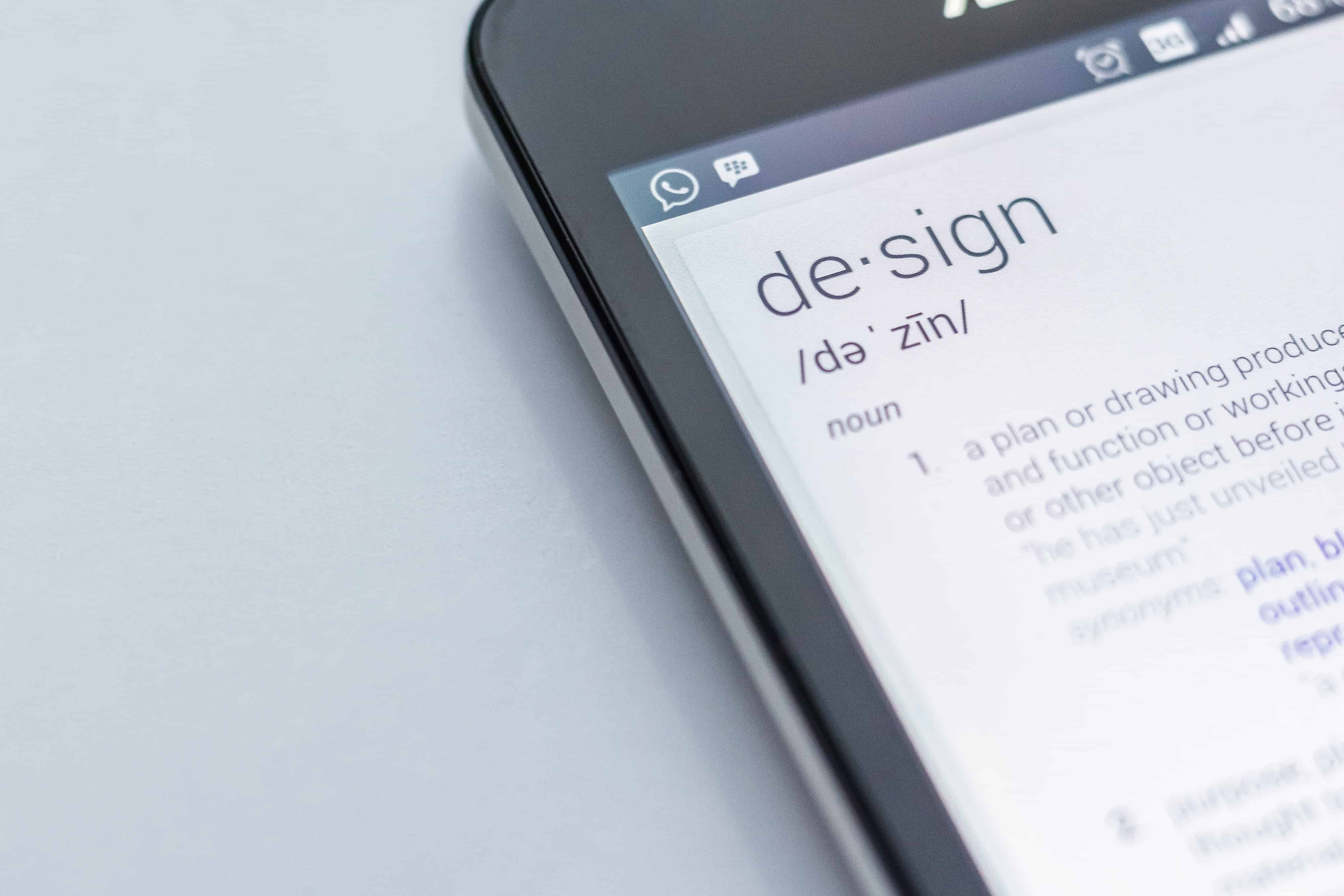First lets define the word “equity” which is really just the shorten form of “home equity“. Home equity is essentially the amount of ownership that is in a property. Basically its what the property is worth in the current market value minus the mortgage value. Its virtually rare to get 100% financing, but for this example lets say you purchased a home for $200,000 and took out a mortgage for $200,000, your home equity would effectively be $0.00 or 0%. This is why its imperative to get a great deal on a home. Any property bought below current market value is instant equity.
There are many things to consider. Its clear that as you pay down your mortgage, your home equity will increase. This inverse relationship would be simple enough but you are also impacted by the market. This could go both ways and the market is affected by several factors. Whatever the reason may be, the market is never stagnant. That being said, your property value and or home equity are never stagnant. It may change nominally over the years or may not.
LTV or Loan to value is an acronym you want to be familiar with. If you are looking to have PMI (private mortgage insurance) removed, the banks traditionally want to see a LTV lower than 80% or so (see your lender for details). This is a less risky loan for the lender to hold which would be the considering factor to remove the PMI.
So if you bought that home for $200,000 and borrowed $200,000, mathematically, this ration would have to be less than 80%. either your home appreciates to be worth more than $250,000 and you still owe $200,000 (200,000/250,000 = 80%) or your house is worth $200,000 but the note is paid down to less $160,000 (160,000/200,000 = 80%). Anywhere in between or anything combination that satisfies less than 80 is essentially what they are looking for. What to know what your property is worth? Order an appraisal






